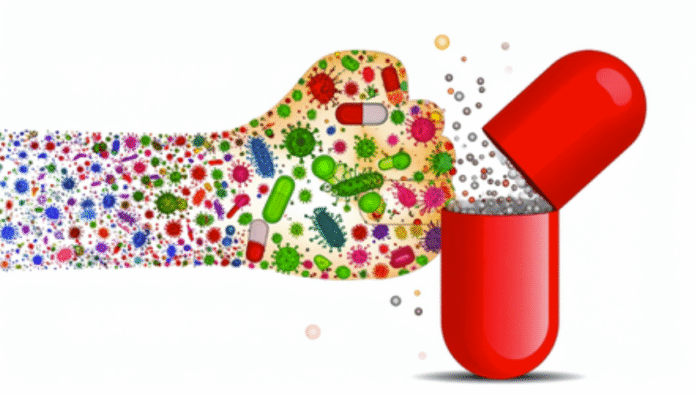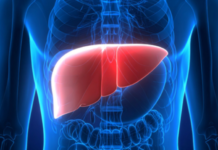NEW DELHI, India — A new international study has revealed that more than 80 percent of Indian patients are carrying multidrug-resistant organisms (MDROs), marking the highest prevalence globally and underscoring the country’s escalating antibiotic resistance crisis.
Published Tuesday in The Lancet eClinical Medicine and released to coincide with the World Health Organization’s World Antimicrobial Resistance (AMR) Awareness Week (November 18–24), the study warns that India could be at the epicenter of a looming “superbug explosion.”
The multicenter study examined more than 1,200 patients undergoing routine endoscopic procedures in India, Italy, the Netherlands, and the United States. Results were staggering: 83 percent of Indian participants carried MDROs, compared to 31.5 percent in Italy, 20.1 percent in the U.S., and 10.8 percent in the Netherlands.
Among the resistant bacteria identified in Indian patients, 70.2 percent were extended-spectrum beta-lactamase (ESBL)-producing organisms, meaning they are resistant to multiple common antibiotics. More alarmingly, 23.5 percent were resistant to carbapenems—considered the last line of defense in antibiotic treatment. By contrast, carbapenem-resistant bacteria were largely nonexistent in the Netherlands and rare in the U.S.
The study identified higher MDRO prevalence in patients with chronic lung disease, congestive heart failure, recent penicillin use, and those with frequent hospitalizations or invasive procedures.
“This is unmistakable evidence that antimicrobial resistance (AMR) has become a national health emergency,” researchers from AIG Hospitals in Hyderabad said. With approximately 58,000 newborn deaths each year linked to drug-resistant infections in India, the findings highlight an urgent need for action.
The authors warned that the widespread presence of MDROs forces hospitals to rely on stronger, more toxic antibiotics, prolongs treatment and recovery times, and leads to increased healthcare costs.
To address the crisis, the study called for a nationwide movement focusing on antibiotic stewardship. Recommendations include stricter regulation of prescription-only drugs, routine screening for high-risk patients, and consideration of single-use medical devices to prevent cross-contamination.
The authors emphasized that urgent policy reforms are needed, along with increased public awareness about responsible antibiotic use to preserve the effectiveness of existing treatments. (Source: IANS)














